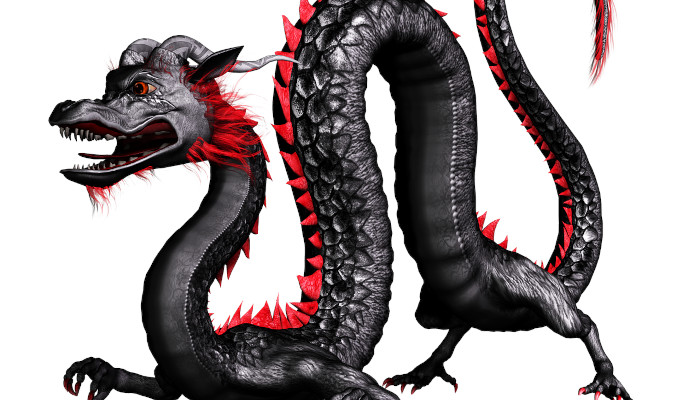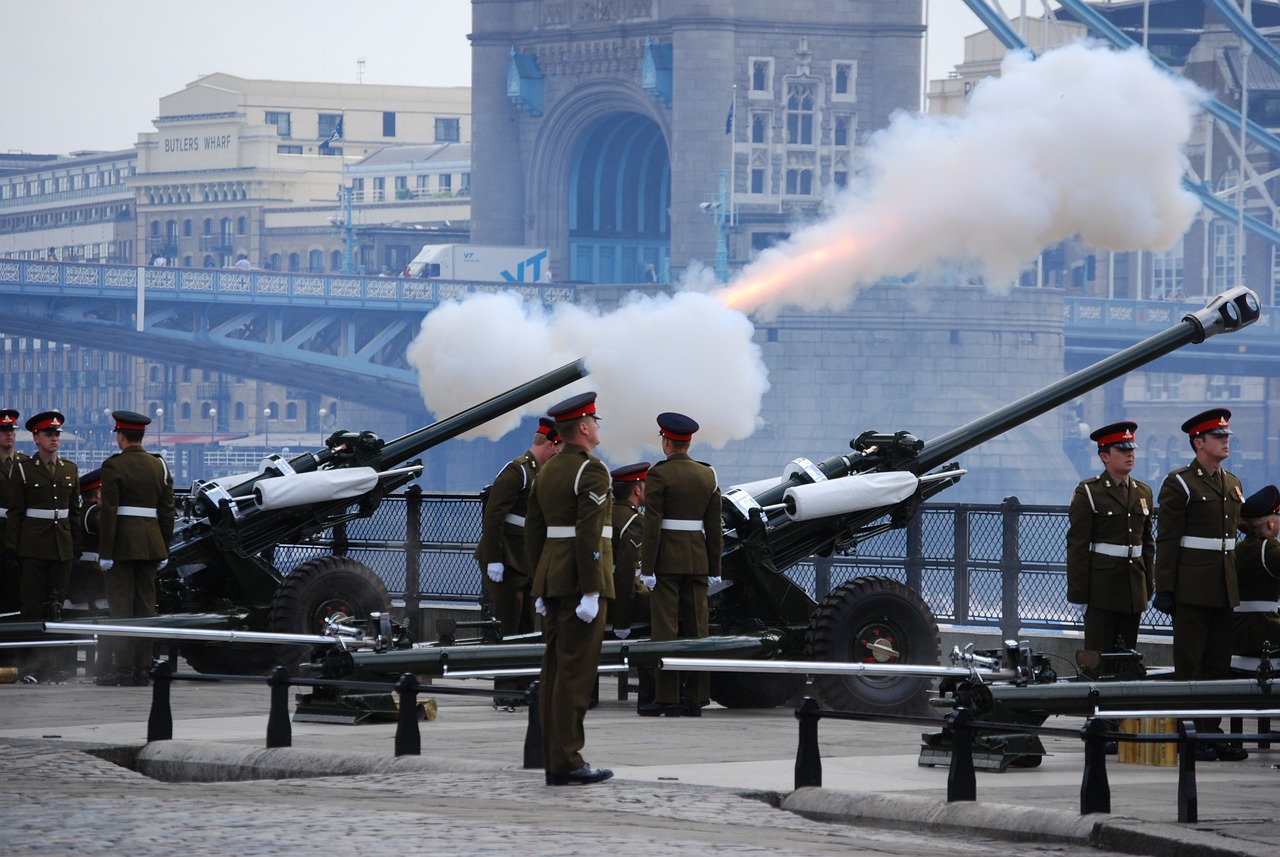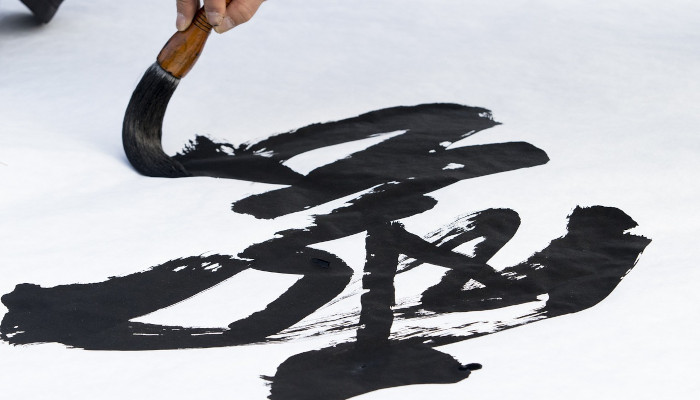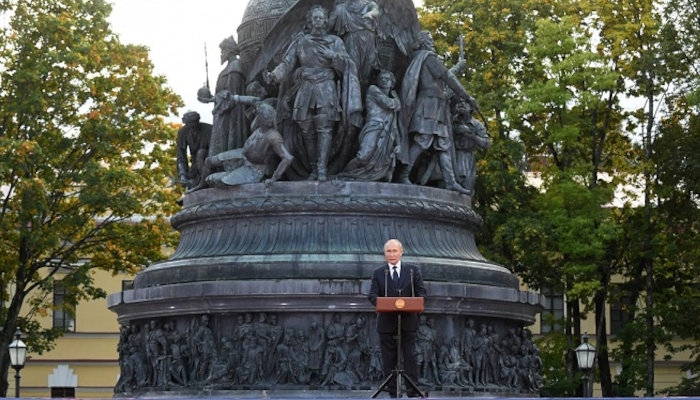
American newspapers are voicing growing concern that Donald Trump, who is running for president, is sounding more like Mussolini and Hitler.[1] Also, following the 2020 January 6 attack on Capitol Hill, something like a preview of an attempted coup, some fear Trump may be tempted to repeat the game, only this time better organized.
However, there are substantial differences between Trump and Hitler, Mussolini, or Lenin, the master of it all. In all these cases, the tricks worked because they had the backing of the army and the national police, who thought they had been wronged; one way or another, they had no voice, and they were ready to support whoever gave them that representation.
With Lenin, the army was tired of fighting a war they deemed unwinnable against Germany, and the German command, who aided his return to Russia, saw clearly that he was the man to deliver on it.
With Mussolini, the army and many veterans felt deprived of better results from the victory in World War I. They wanted to topple a political system they thought was giving in to dangerous communist revolutionaries. With Hitler, the army felt stabbed in the back because the terms of surrender were too harsh and chafed under a civilian government ready to give in, again, to socialists and communists.
To stage a coup
Presently, the situation in the US, like in Israel at the time of the protests against the constitutional reforms, looks pretty different. The army and the security apparently do not side with Trump; they are neutral, if not hostile to him.
In Israel, Prime Minister Benjamin Netanyahu tried to implement reforms that would remove some powers from the judiciary and concentrate them on the executive. The reform was bitterly opposed by large parts of the population and most of the army and the security bodies.
The long Israeli struggle between the government and part of the military — and the ensuing mutual distrust — was certainly the breeding ground for the intelligence failure leading to the October 7 Hamas attack.
In other words, to be successful, a coup needs first to have crippled institutions and an army ready and willing to take on the responsibility of civilian power. Without that, every attempt to concentrate power in the hands of a democratically elected government (Mussolini and Hitler came to power through elections and parliamentary majorities) would have to fight the army, and this could weaken the government and the state.
In other words, with the support of the state institutions, even a weak electoral win can change the system. Without the support of the institutions, conversely, even the overwhelming majority cannot turn the system around.
It is because functioning democracies are not just «ballotocracies» where the one who gets more votes gets to do whatever he wants. They are bodies with a system of counterweights designed to avoid concentration of power, deemed dangerous for the country’s long-term stability, and the army and the police strongly support that.
In other words, as classics on the subject (Curzio Malaparte’s Tecnica del colpo di stato and Edward Luttwak’s Coup d’etat: A Practical Handbook, both authors quite Italian, coincidentally) duly noted, you need the army or the security apparatus to stage a coup. But you can’t have a coup against the army or the security apparatus.
Then, unless Trump gets the support of the security and the Army, he won’t be able to stage a coup in America, where institutions are powerful. If he were to get control of the security and the Army, then America would stop being such, and the country would become something else.
Chinese twist
Still, even without going as far as thinking of a coup, there is something very problematic channeled through Trump. Many people feel disenfranchised and left out by the Washington elites, the institutions that make America what it is. In other words, the gap between these people and the institutions, and the number of these people who feel that gap, are deep national liabilities.
From China, and not only from there, there are the questions: Can these liabilities become explosive, and if so, when and how? In the short term, if Trump doesn’t get a second term, America will have time to recover from the social gap. If Trump were to become president, the friction between him and the institutions could become dangerous and produce mishaps and security failures much bigger than the Israeli failure on October 7, and, because of the size of the country, it would have global implications.
Here, there is also a Chinese twist.
The fear of a military coup is an old Chinese problem. The Qing dynasty in the 19th century was afraid that Zeng Guofan and Li Hongzhang, the two mandarins who had crushed the Taiping rebellion, would stage a coup against the throne. Beijing then undercut its power and drive, which might have saved the empire.
The Qing was eventually brought down in 1911 by a military coup sparked by the mutiny of the Wuhan barracks. Mao, aware of the power of the army, groomed the party from the army, not vice versa, like with the Soviet experience. He was challenged when his heir apparent, Lin Biao tried to topple him with an army coup in 1971, and eventually, Mao’s potential successors, the «Gang of Four», were arrested in a coup in 1976.
There were no institutions then. There was the army, the party, and some state organizations.
Past imperial institutions had been shattered by decades of civil wars, the communist takeover, and the Maoist Cultural Revolution.
Perhaps only marginally, Deng’s reforms improved the situation as businesses controlled it all with murky political favors and money exchanges. Guanxi, ties, and connections dominated society and the state. It made everybody feel safe because even if there was no rule of law, everybody had some guanxi to call on to protect one’s interests.
Institutionalized China
Eventually, President Xi Jinping established a new rule of law that wiped out almost all the power of guanxi[2] and put the country on a more modern path. Yet, nothing comes without a price. The new guanxi-weak China, without proper division of powers and no iron-clad guarantee of private property, left everybody insecure about their present and future.
If an official presently wants to seize one’s assets for whatever reason, under the cloak of «corruption», they can do it, and there is hardly any guanxi one can call upon. Recourse to a court can be cumbersome, hazardous, and lengthy. The legal codes don’t draw a line saying, for instance, that the law protects all assets acquired before 2020. Without legal protection and a compelling, relatively independent judiciary, the state has de facto taken hold of all private property, and the individuals are temporary lessors of the property as long as some officials don’t limit it.
Given the present economic difficulties and the complex international situation, people are also unsure about the future. Without a sense of security about the present and future, people won’t be proactive, and this would eliminate one of the main drivers of growth and change in China in the past 40 years.
In other words, an institutional reform that doesn’t guarantee private property can stifle the economy. However, a guarantee of private property changes the local political landscape completely.
Xi had a stab at reshaping and strengthening Chinese institutions around the enhanced role of the party. He reshuffled and reorganized the army without much protest. He recently fired Defense Minister Li Shangfu, who had selected himself, without batting an eyelid. He even withstood the dangerous demise of former Prime Minister Li Keqiang without any shakeups. In 1976 and 1989, the deaths of Prime Minister Zhou Enlai and ex-Party Secretary Hu Yaobang sparked waves of protests that shook the country.
Xi has formidable control over the country’s institutions; a coup against him is highly unlikely. Plus, modern armies, with their complex and articulated logistics and command and control structures, make a local uprising that starts a chain reaction in other barracks very hard, like in 1911 in China. There would need to be a plot of generals who cut off all communications with Xi and arrest him in broad daylight.
Still, at the same time, the present rigid party structure has been made very dependent on Xi and is apparently incapable of autonomous thoughts, considered potentially disloyal. This makes it very cumbersome because Xi has to direct everything himself. Plus, the economy is not working. The combination of the two elements could be disruptive in the medium term. Even without thinking of a coup, the society could grow more detached from the leadership with unfathomable consequences.
There should be institutions, like those in mature democracies, that work independently from the top but are still loyal to the top. Moreover, because of China’s size and importance, the change in these institutions is globally significant and needs some confidence from abroad.
In other words, Xi is apparently just in the middle of a crossing; he can’t stay where he is for too long.
[1] See for instance https://www.seattletimes.com/opinion/trump-keeps-telling-us-exactly-who-he-is/
[2] See also http://www.settimananews.it/informazione-internazionale/xi-jinping-de-structuring-power/









